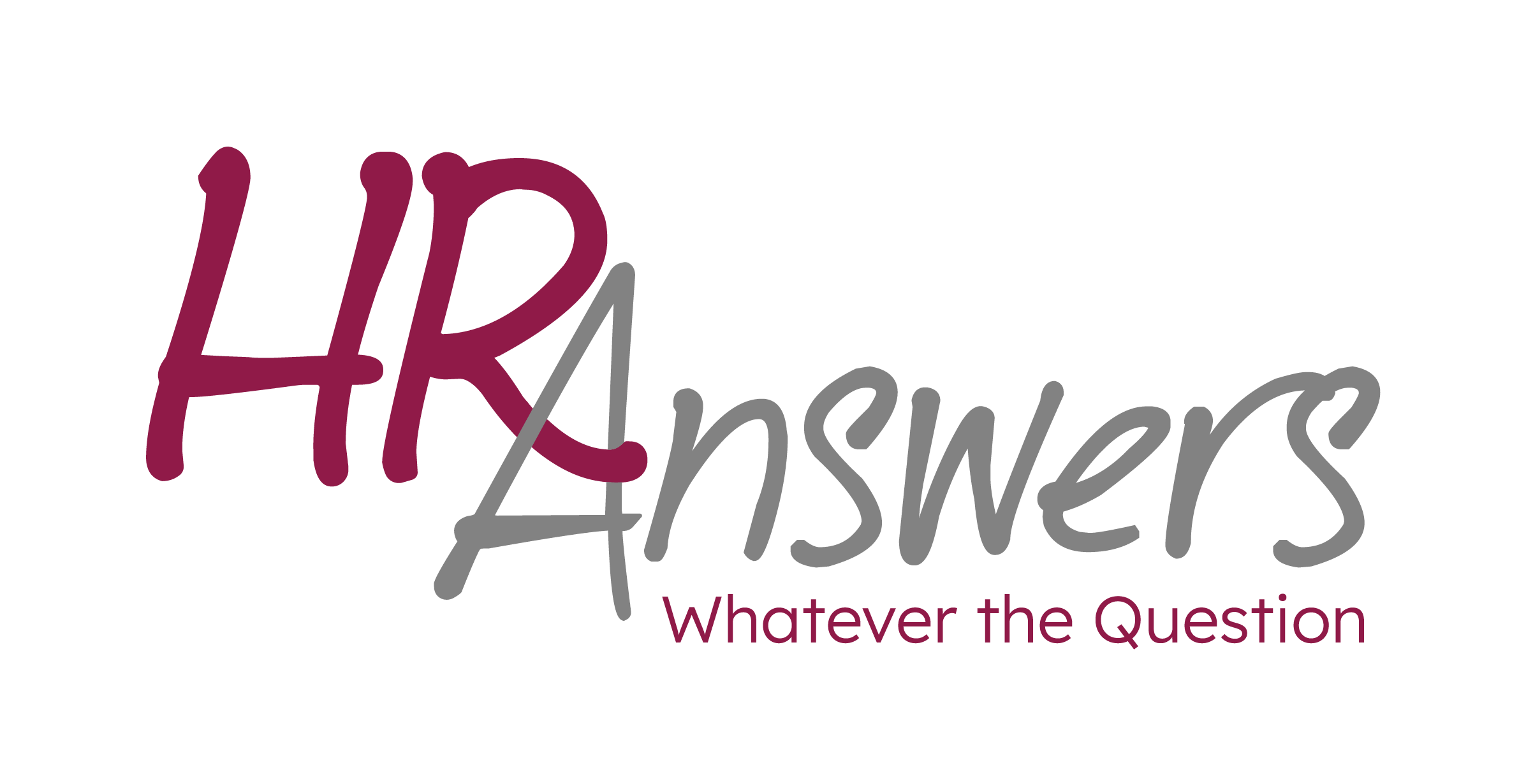Successful Workdays and Activities

There is no doubt that some days are better than others. How you show up each day matters – your attitude matters. Choosing your attitude is a choice that we make each and every day. There are things we can do to help ourselves and others have productive and successful days with the work we do. Being organized is at the top of the list.
Keep a to-do list: Taking five to 10 minutes at the beginning of each day (or at the end of the day before) to write out a to-do list, on paper or digitally, can help promote focus and foster productivity. Adding to the initial to-do list throughout the day can help you keep a clear idea of your goals.
Keep a tidy workspace: Take a few minutes at the end of each day to clean your desk, removing anything that you won’t absolutely need. Arrange things in a way that works best for you. This goes for digital clutter as well. Computers tend to start up slower when there are lots of files and programs on the desktop, so taking a little time each week to clear your computer of any unneeded files and download any updates may prevent crashes and computer lag. It can also help you find the programs and files you need more readily.
Find a schedule and stay with it: Some people work best when they wake up early, while others find success working at night. Determine the time of day when you feel you’re at your best (most productive and find your flow state) and try to get most of your work done during those hours.
Just as important as choosing a schedule is making sure you can commit to it. Consistency is key in creating new habits that last. Staying consistent with your schedule can also help you be more productive. Having a set of hours when you know you’re going to be working can train your brain to be active during those hours.
Take breaks: Taking 10-15 minutes every couple of hours to stretch your body and focus on something other than work can help keep you energized and excited about your job. You will often face unexpected tasks during the workday; giving yourself small, scheduled breaks throughout the day will give you time to meet these challenges without feeling overwhelmed.
Reduce multitasking: Multitasking may sound like the perfect way to get many things done at once, but unfortunately, this is not true in many situations. You may even find that multitasking can take longer than completing tasks individually.
Identify your distractions: Emails, texts, phone calls, and co-workers are a few common reasons behind distractions. Fortunately, there are things you can do to address these distractions. Schedule specific times to take care of emails, for example, to stay on task and not get distracted by every new message in your inbox. You might choose to put a distracting cellphone in airplane mode or place it in a drawer to reduce the possibility of getting sidetracked by a personal text. While you can’t always schedule incoming phone calls for your job, you may find success with scheduling a block of time to make any outgoing calls.
Automate your job where you can: Perhaps you send similar versions of the same email to multiple people. Create and keep templates for frequently sent emails, so you only need to customize where necessary and send. Digitize your signature to sign documents with a click. Automating tasks can help you stay focused and organized.
Prioritize tasks in order of importance: Begin your day with the largest or most stress-inducing task – the item that must be done today. This might take the largest amount of time in your day, but it ultimately will help your workflows move faster. Completing the largest jobs first can keep you motivated to finish the smaller tasks on your to-do list quickly without using up all your energy.
Schedule your days in “batches” of work: Some people find success with organizing not just their workday, but their workweek. If your job is a mix of phone calls and administrative work, for instance, perhaps you could attend to phone calls Mondays, Wednesdays and Fridays and spend Tuesdays and Thursdays on administrative tasks. This can help you maximize productivity and concentrate on tasks without feeling like you need to switch tasks at a moment’s notice. This strategy works best for detail-oriented people who don’t mind doing the same type of work for several hours on end.
Identify stressors: Oftentimes, the tendency to procrastinate stems from stressors such as self-doubt, perfectionism, or fear of criticism. Identifying what’s stressing you out can help you find solutions to reduce this stress and make the harder tasks easier to complete.
Meeting success – Ask these three questions:
If you spend time in meetings, as either a leader or participant, you want the meeting to be successful and valuable for attendees. We want the meeting goals and agenda to be accomplished. Try asking these three questions to get to success:
• Was this decision the best one we could make?
• Will it be good for the people in the organization?
• Will it be good for our customers?
If you can’t answer yes to all three of these questions, then you and your co-workers have more work to do.
Most people try to hit the ground running when they arrive in the morning. But how you finish out your workday may be just as important to your productivity. Instead of trying to pack as much as you can into your last few minutes, we are sharing some ideas to increase your efficiency by avoiding these activities. Take a look at these helpful tips (and feel free to share some of yours with us too):
Big decisions: You’re rushed, you’re tired, and you’re focused on going home. Any decisions you make in a hurry usually won’t be as successful as those you consider when you’re fresh.
New projects: You won’t make much headway during the last 10 minutes of the day. Make a few notes if you must, but don’t try to get a jump start on important work when you and your co-workers are finishing current jobs.
Leaving people hanging: Take a look at your commitments from the day. If anyone is waiting for a return phone call or a quick email, get back to them before you leave, as long as you can answer questions quickly and succinctly. You want people to know you value their time.
Obsessing over uncompleted tasks: Checking your to-do list can lead to frustration if you worry about the tasks you didn’t accomplish. Concentrate instead on putting tomorrow’s to-do list together and getting a fresh start in the morning.
Not saying goodbye: You’ll build better relationships by taking the time to say good night to your co-workers and boss. You don’t have to linger, but you can let people know you’re leaving and that you look forward to seeing them tomorrow.
Looking for previously written Advantage eNewsletters or HR ALERTS?
